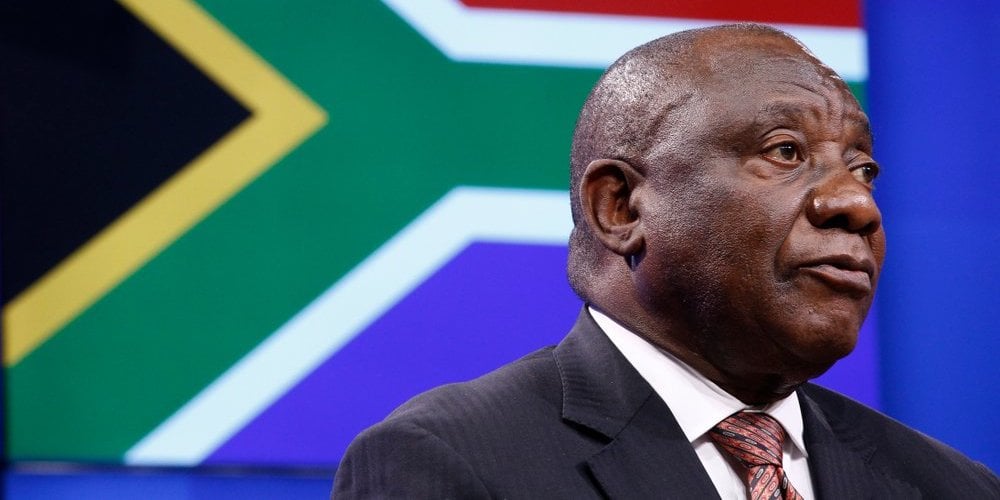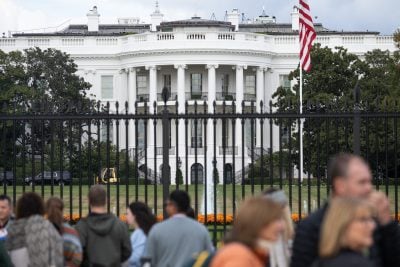Since the triumph of Nelson Mandela, few issues have been as damaging to South Africa’s development as corruption. As President Cyril Ramaphosa admitted before an inquiry in late April, the ruling ANC has failed to deal with the pervasive theft of state resources, a phenomenon that became entrenched at the highest level under the leadership of former President Jacob Zuma.
Last October, Ramaphosa revealed that corruption during his predecessor’s reign – widely known as “state capture” – had cost the country an estimated $34bn.
“We all acknowledge that [the ANC] could and should have done more to prevent the abuse of power and the misappropriation of resources that defined the era of state capture,” he said.
Yet with a party riven by factionalism and Zuma allies still in senior positions, Ramaphosa has acted slowly and cautiously to root out criminality. Recently, his softly-softly approach may have begun to change.
In May, the ANC suspended powerful secretary-general Ace Magashule following the expiry of a 30-day ultimatum after he was charged with embezzling public funds while premier of the Free State. Under a tougher code of conduct, party members charged with corruption face suspension after a month if they don’t voluntarily step down.
Magashule, who denies the charges, refused to comply with the suspension, and even attempted to suspend Ramaphosa, citing his authority as secretary-general. The ANC says it will further discipline Magashule if he does not apologise for the attempted retaliation.
The cost of corruption
This back-and-forth represents another tedious bout of intra-party warfare, but the stakes are much higher than mere political games. Genuine progress to combat corruption is long overdue and has had devastating real-world implications for South Africans.
Corruption has ransacked South Africa’s government, private sector and state-owned companies, deterred investment and hollowed out public services. As South Africa faces the scourge of Covid-19, the budgetary gaps in its inadequate public healthcare system have been ruthlessly exposed. Research from the South African Medical Research Council suggests more than 133,000 people in the country have died from Covid-19, far more than the official tally of nearly 55,000.
A scathing report into the misuse of the country’s Covid-19 relief fund by the auditor general last year revealed overpricing and potential fraud. In some cases personal protective equipment was bought for five times more than the guide price, and around 30,000 relief grants were flagged for further investigation.
Inevitably, the rampant corruption has destroyed trust in the ruling party, contributing to the ANC’s worst election results in the democratic era in 2019. With local elections late October, assertive action on corruption is not only morally right but could reinvigorate the ANC and win back the support of voters. For South Africans and the ANC itself, the time for bold and assertive leadership to end the scourge of corruption is now.
Want to continue reading? Subscribe today.
You've read all your free articles for this month! Subscribe now to enjoy full access to our content.
Digital Monthly
£8.00 / month
Receive full unlimited access to our articles, opinions, podcasts and more.
Digital Yearly
£70.00 / year
Our best value offer - save £26 and gain access to all of our digital content for an entire year!
 Sign in with Google
Sign in with Google 



